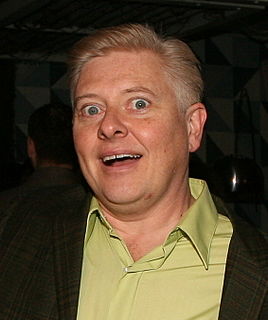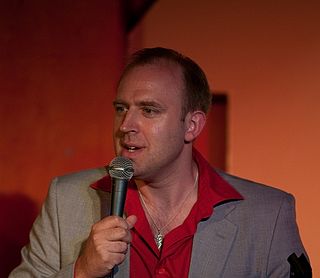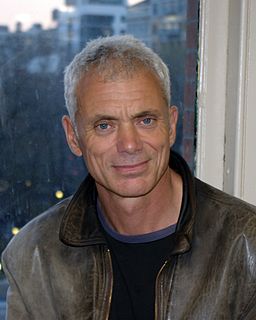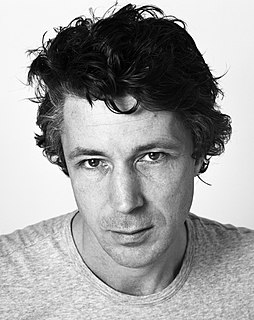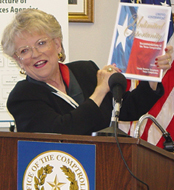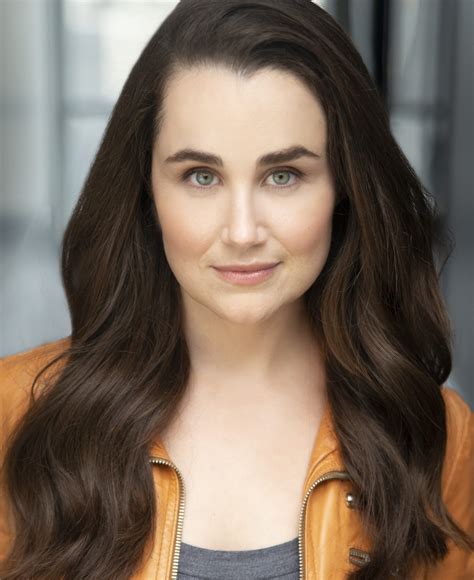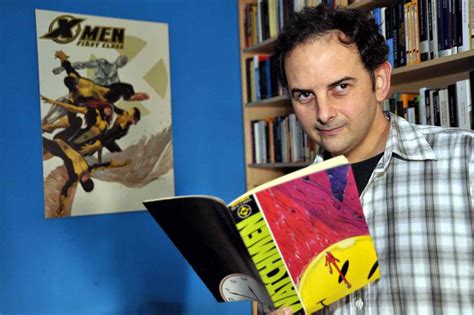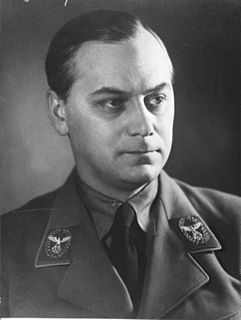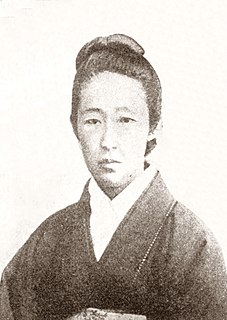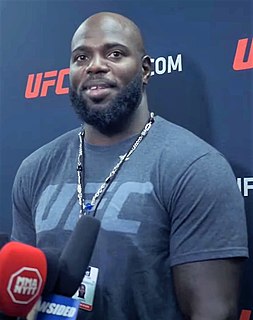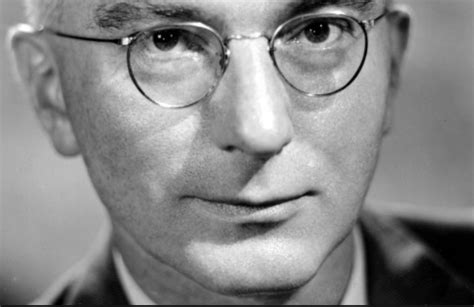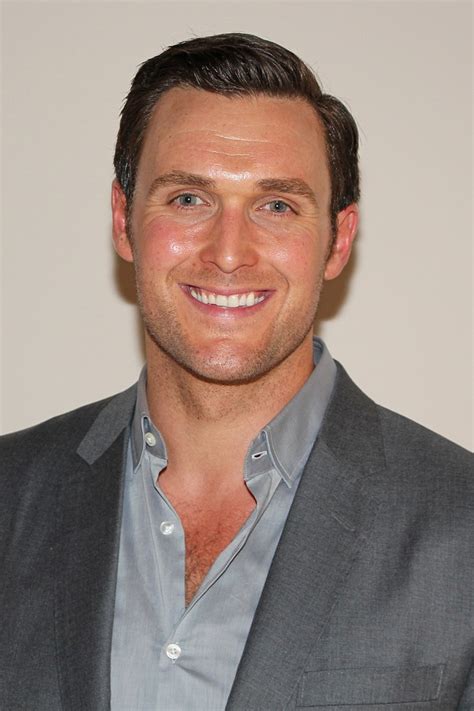Top 1200 Local History Quotes & Sayings - Page 5
Explore popular Local History quotes.
Last updated on December 20, 2024.
Among the fundamental likeness between the Revolutionary Republicans and the Anarchists is the recognition that the little must precede the great; that the local must be the basis of the general; that there can be a free federation only when there are free communities to federate; that the spirit of the latter is carried into the councils of the former, and a local tyranny may thus become an instrument for general enslavement.
We should emphasize not Negro History, but the Negro in history. What we need is not a history of selected races or nations, but the history of the world, void of national bias, race, hate, and religious prejudice. There should be no indulgence in undue eulogy of the Negro. The case of the Negro is well taken care of when it is shown how he has far influenced the development of civilization.
For example, if you are a blogger who wrote something about a local official and you're going to prison for that, you're a political prisoner. If you're a businessman who has refused to cede his business to the local official and you're going to prison for that, you're not a political prisoner. In that second category there are hundreds of thousands of people in Russia.
I have to throw in on a personal note that I didn't like history when I was in high school. I didn't study history when I was in college, none at all, and only started to do graduate study when my children were going to graduate school. What first intrigued me was this desire to understand my family and put it in the context of American history. That makes history so appealing and so central to what I am trying to do.
Council housing works because it pays for itself relatively quickly: the rent paid by tenants covers the building costs in the long term, and eventually makes a profit for the local authority, which continues to invest in the local area. The money continues to circulate within the community rather than simply boosting the profits of landlords.
History is not everything, but it is a starting point. History is a clock that people use to tell there political and cultural time of day. It is also a compass that people use to find themselves on the map of human geography. History tells a people where they have been and what they have been, where they are and what they are. Most important, history tells a people where they still must go, what they still must be. The relationship of history to the people is the same as the relationship of a mother to her child.
I'm pleased to say that it [ a paper on the history of Attica] got much recognition with a 99 grade. It was shown to the Attica Historical Society, who enthusiastically responded to it and read it at one of their annual meetings resulting in an article in the local newspaper about this excellent paper being presented. As I now look back at it, I think of that as being really my first book and did indicate that I did have interest in research.
I love art, and I love history, but it is living art and living history that I love. It is in the interest of living art and living history that I oppose so-called restoration. What history can there be in a building bedaubed with ornament, which cannot at the best be anything but a hopeless and lifeless imitation of the hope and vigor of the earlier world?
I lived in a small village outside the city and grew up in a large family, so my world was very much centred around that. I used to sing in the local church, and I would also occasionally sing in the local pubs for which I used to get a few bob. That, for me, was the start of my interest in music, which has obviously expanded since then.
Turned the wrong way around, the relentless unforeseen was what we schoolchildren studied in "History", harmless history, where everything unexpected in its own time is chronicled on the page as inevitable. The terror of the unforeseen is what the science of history hides, turning a disaster into an epic.
I made a series set in India that was more of a conventional fishing show. The fish were very uncooperative, so we were casting around for other bits of local color. We heard local stories of something pulling people into the water. They called it the Kali man-eater. We did a bit of a feature on this, and if formed part of that series.
A masterly analysis of how political interests, economic circumstances, development strategies, and local history have shaped what are surprisingly different versions of the welfare state across the developing world. The authors combine fine-grained country analyses with intelligent use of data, and explain and extend the theory and literature on the modern welfare state. The book is both scholarly and readable.
The first time I played a killer, in the 1997 film 'Mojo,' I went to my local video shop and got out a video of real executions and a history of the Third Reich. The guy in the shop was giving me a look. I thought this would help, but I don't think it made any difference, and I don't want to see any more executions.
All consumption should be local. No food products need to be transported over hundreds of miles to market. All commercial fishing should be abolished. If local communities need to fish the fish should be caught individually by hand. We need to stop flying, stop driving cars, and jetting around on marine recreational vehicles.
History is instructive. And what it suggests to people is that even if they do little things, if they walk on the picket line, if they join a vigil, if they write a letter to their local newspaper. Anything they do, however small, becomes part of a much, much larger sort of flow of energy. And when enough people do enough things, however small they are, then change takes place.
You often hear attacks on international adoption as robbing a child of his or her culture, and that's both true and false. It's true that an internationally adopted child loses the rich background of history and religion and culture and language that the child was born into, but the cruel fact is that most children don't have access to the local, beautiful culture within an orphanage.
Families of privilege and money would have harps in their parlors, and their cultured daughters would learn to play. It's got such a strange history. But that wasn't the context that I learned it in, so the inherent friction between that history and the more humanist folk-y history wasn't in my conscience at all.
I was in New York on September 11 when those planes hit the World Trade Center. At the time, it seemed like it was a local thing. But three or four days later, by the time we drove across the country in the bus, we realized it wasn't a local thing. You could really feel the states become united. We became the United States of America.
I definitely love history. I'm not formally trained or educated in history, but you could say I did go back to college in 2008 to do Untold History of the United States. That took five years. Co-author Peter Kuznick has been teaching history for something like 35 years, at American University and other places. His group of researchers brought me into contact with a lot of books.
Barack is at a level where he can't - no matter how much he wants to or how much we want him to - he's not going to come take out our garbage, so to speak. He can't be the garbage man and the president. He can't be the mayor and the alderman. He can't fill all those roles. So I always push for local, local activity on the political scene.
Government is best which is closest to the people. Yet that belief is betrayed by those State and local officials who engage in denying the right of citizens to vote. Their actions serve
only to assure that their State governments and local governments shall be remote from the people, least representative of the people's will and least responsive to the people's wishes.
I want to pass on my secrets to people who are going to say, 'I have realised that I love baking, and now I'm going to make my bread and sell it at the local farmers' market,' or who might say, 'I am going to use the local Post Office in our village to sell my cakes.' I want to give them that little bit of fire.










